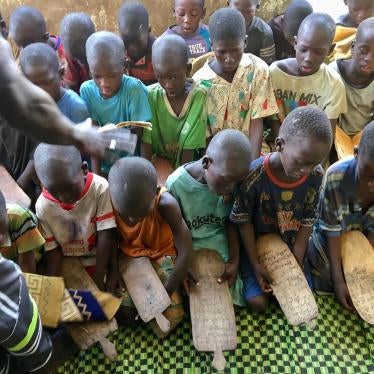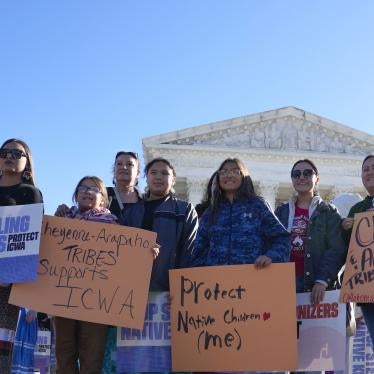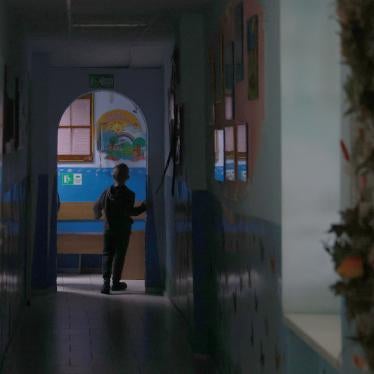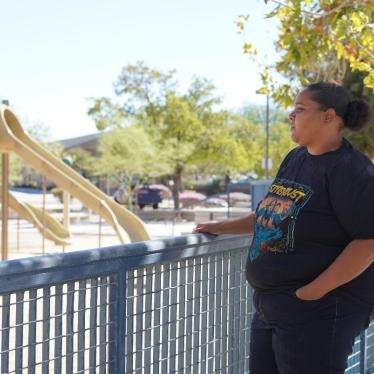“All I Know Is I Want Them Home”
Disproportionate Removal of Aboriginal Children from Families in Western Australia

All children have the right to live with their families or in family-like settings. Removing a child from their parents, even for a short time, can be highly traumatizing, with long-term consequences. Yet systems ostensibly intended to protect children too often separate families. Some child-welfare systems needlessly separate families, placing children at risk of trauma and abuse, and discriminate against Black, Indigenous, and people of color and families living in poverty. Orphans as well as children with families are still being placed in residential institutions, which decades of studies have shown are inherently harmful to children, often due to the child’s disability or the family’s poverty. Instead, states should ensure that all children have the support they need to live with their families or in family-like settings.
Disproportionate Removal of Aboriginal Children from Families in Western Australia

No Action by de Facto Authorities Against Kurdish Youth Group

The Family Separation Crisis in the US Child Welfare System

A Roadmap for Ending Exploitation, Abuse of Talibés in Senegal


Plot by Senior Officials, Some Slated for New Posts, to Discourage Migrants

No Action by de Facto Authorities Against Kurdish Youth Group

Confirm Yusuf Zahab’s Identity; Urgently Bring Home All Detained Australians
Prioritize Safe Abortions, Comprehensive Sex Education, Support Services

The United States’ Historic and Ongoing Separation of Families in Indigenous Communities, in the US Child Welfare System, and at the US-Mexico Border, Contravenes International Human Rights Obligations
Major Decision Will Help Keep Native Children and Parents Together

Russia Should End Deportations; Kyiv, Allies Should Support Families

Families Need Support, Not Punishment
